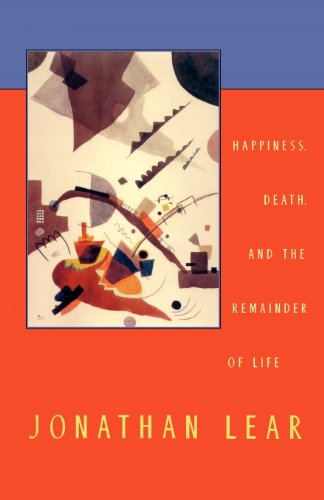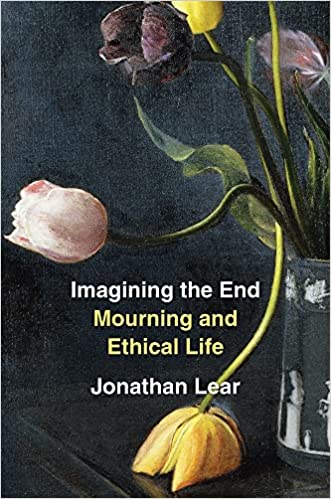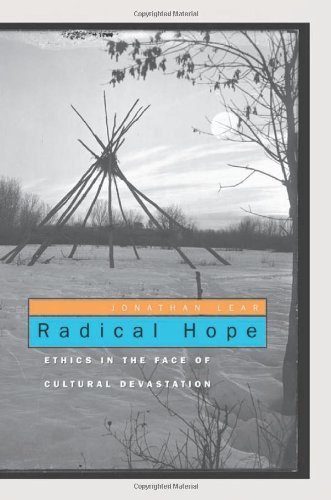Jonathan Lear
Jonathan Lear is John U. Nef Distinguished Service Professor on the Committee on Social Thought and in the Department of Philosophy at the University of Chicago. His works include Wisdom Won from Illness, Radical Hope, A Case for Irony, and Happiness, Death, and the Remainder of Life.
Open Minded: Working Out the Logic of the Soul
"Freud is discredited, so we do not have to think about the darker strains of unconcious motivation anymore. We know what moves our political leaders, so we don't have to look closely at their... (more)
Happiness, Death and the Remainder of Life
Separated by millennia, Aristotle and Sigmund Freud both offered disparate pictures of the human condition. This book analyzes these thinkers' theories of human behaviour in terms of a higher... (more)
Therapeutic Action: An Earnest Plea for Irony
This book argues that properly understood, irony plays a crucial role in therapeutic action. It is written as an invitation to clinicians to renew their own engagement with the fundamental concepts... (more)
Freud: Second Edition
In this fully revised and updated second edition, Jonathan Lear clearly introduces and assesses all of Freud's thought, focusing on those areas of philosophy on which Freud is acknowledged to have... (more)
Imagining the End: Mourning and Ethical Life
Jonathan Lear is one of the most distinctive intellectual voices in America, a philosopher and psychoanalyst who draws from ancient
and modern thought, personal history, and everyday experience to... (more)
Wisdom Won from Illness: Essays in Philosophy and Psychoanalysis
Wisdom Won from Illness brings into conversation two fields of humane inquiry - psychoanalysis and moral philosophy - that seem to have little to say to one another but which, taken together, form a... (more)
Radical Hope: Ethics in the Face of Cultural Devastation
Shortly before he died, Plenty Coups, the last great Chief of the Crow Nation, told his story - up to a certain point. "When the buffalo went away the hearts of my people fell to the ground," he... (more)








